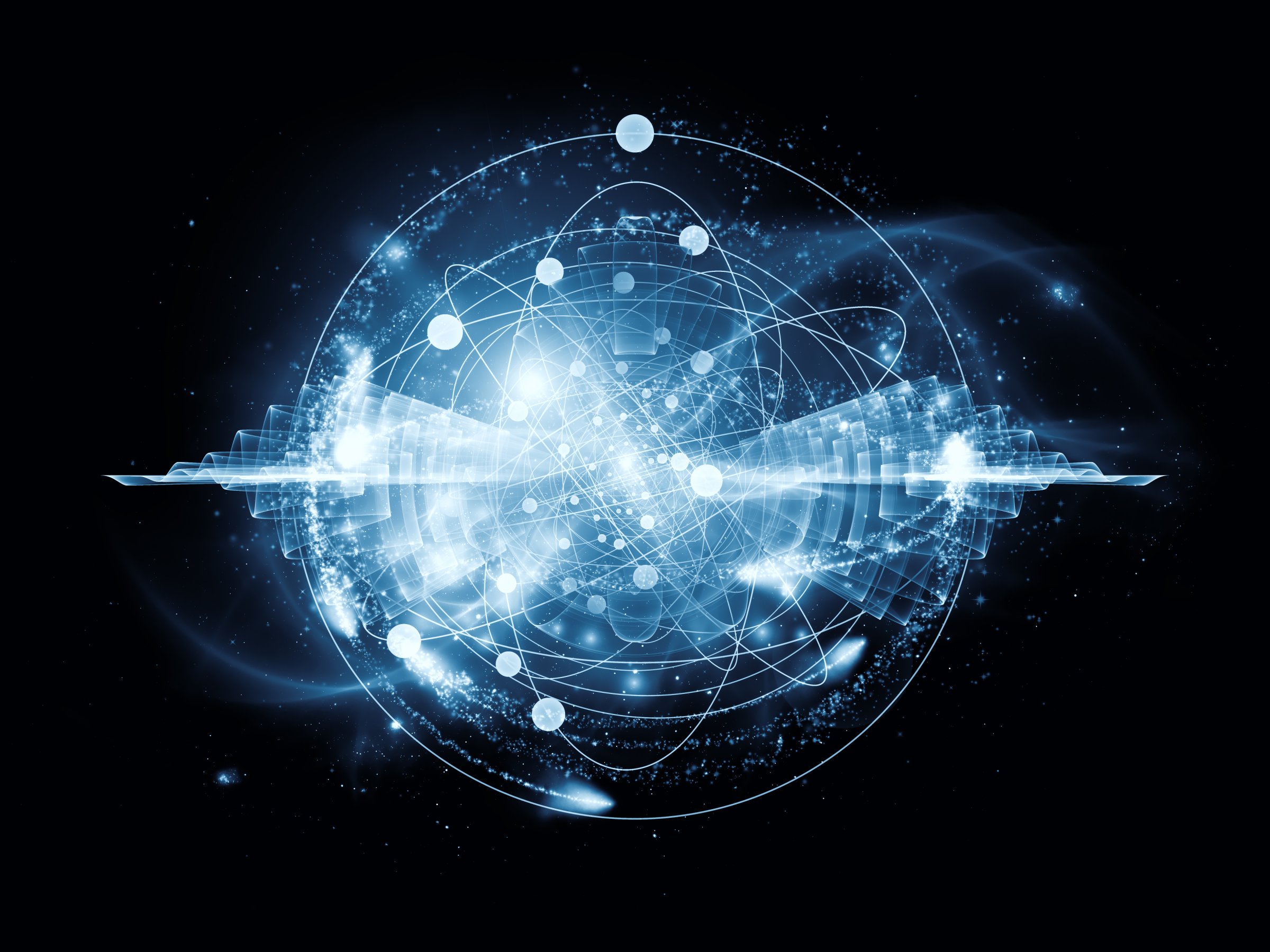March 18, 2024 12:00 PM / Scientists
Special FIAS Seminar in Theoretical Physics
A significant contribution of QMFT for future discoveries in the case of super-heavy elements: "A tribute to Late Profs. Dr. Walter Greiner and Dr. Raj K. Gupta"

Venue: FIAS lecture hall
Dr. Sahila Chopra (Humboldt Fellow at FIAS) speaks on Monday, 18 March 2024, at 12 noon in room 0.100.
Abstract:
The Quantum mechanical fragmentation theory is a unified, description of the two completely different (inverse) nuclear processes: the nuclear fission and the nucleus-nucleus collision. The Fragmentation theory based on two center shell model gives a unified picture of both fission and heavy-ion collisions. A complete description of both these processes is achieved in fragmentation theory by introducing two dynamical collective coordinates (which are subject to quantization) of mass and charge asymmetries. We use the dynamical cluster-decay model within the frame work of this theory to study super-heavy elements forming via hot fusion reactions at low energies. There are different types of phenomenological models to describe the reaction dynamics of heavy ions. The Dynamical Cluster-decay Model (DCM) is equally capable in determining the individual contributions of all decay cross sections as well as mass and energy distributions of the reaction products. We investigated the fusion probability of the 54Cr+248Cm and 50Ti+249Cf reactions, at four energies taking into account. Ideas have been proposed for the synthesis of Z=120. We hope our results may be useful for the upcoming experiments.